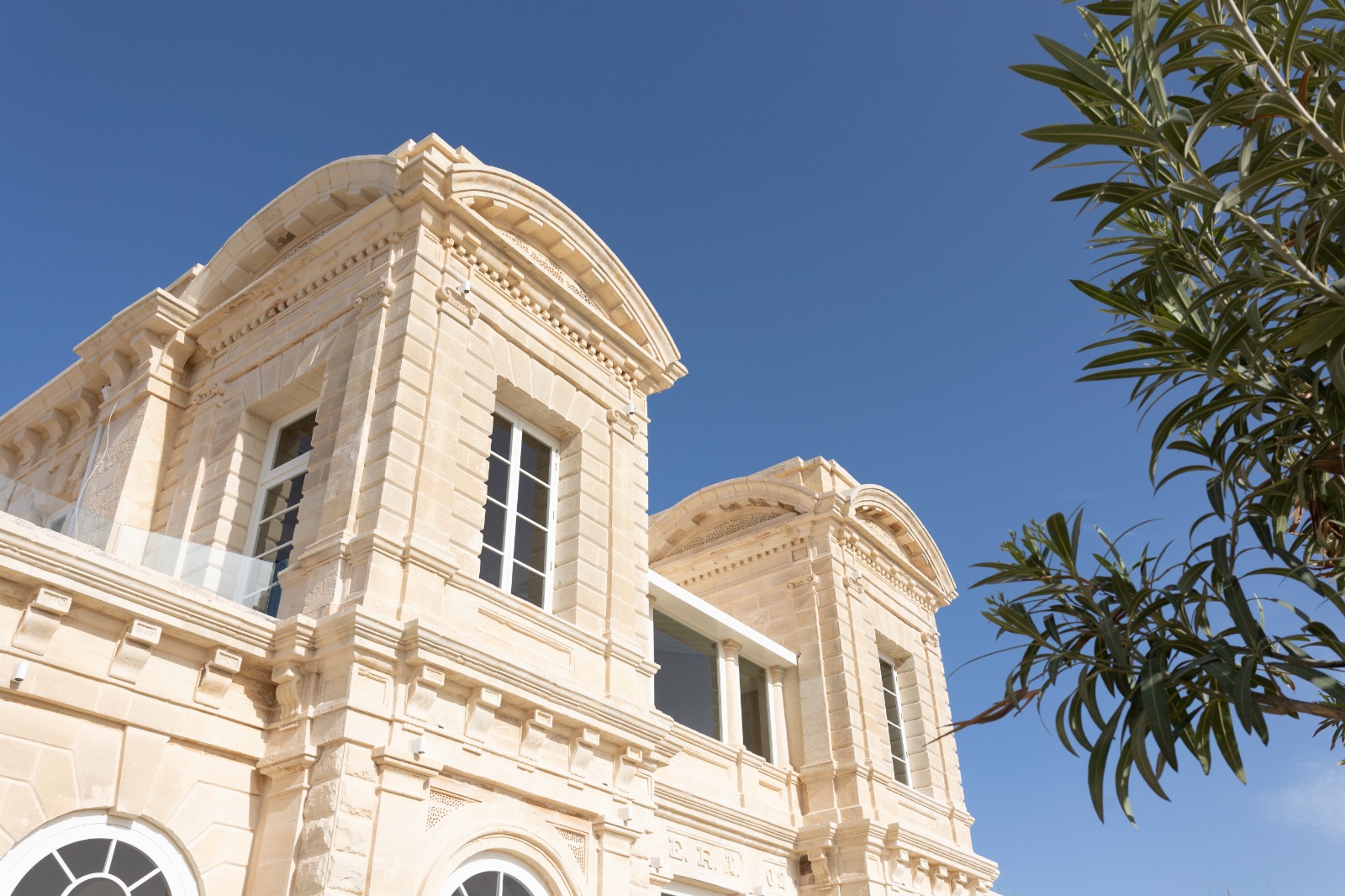For more than 110 years, Pjazza 1902 in Pembroke has witnessed the ebbs and flows of Maltese history: built at the beginning of the twentieth century in the honour of King Edward VII, it was popular amongst British officers stationed on the island, before being transformed into a nightclub during the 1980s. A fire engulfed the site in 1989, and it lay derelict for over 25 years, before a renovation project brought it back to life, resurrecting it for the 21st century Maltese public.
And, in recent weeks, the site has thrown its doors open, to offer a place where families can sup, children can play, and the public can step away from the stresses of everyday life, with dining, fitness and entertainment opportunities ripe for the taking.
“We wanted to revitalise this historic building and transform it into a vibrant hub; this was a vision to preserve the heritage of the past, while also creating opportunities for people to gather together and relax in the present,” says David Muscat Fenech Adami, the Head of Sales and Marketing at CE Group, the firm responsible for the renovation project.
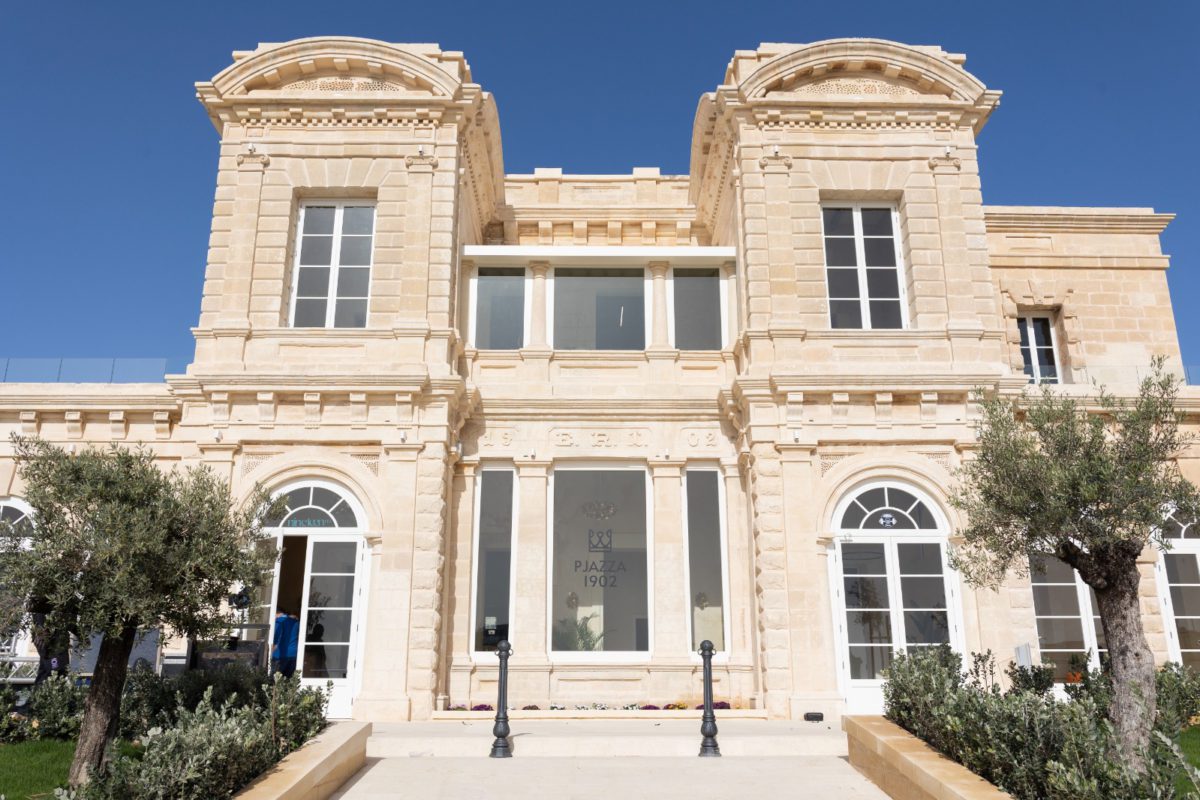
In a country where much of the old gets demolished to make way for an unhistorical new, the decision to invest a substantial amount of time, effort – and money – in reviving a site long thought gone, and faded into the annals of the past, is subversive. “We wanted to create something different. We knew this building’s history; we saw its beautiful facade and the large open area – and we were inspired to give it a new life, to give it a third chance, so to speak,” Mr Muscat Fenech Adami continues.
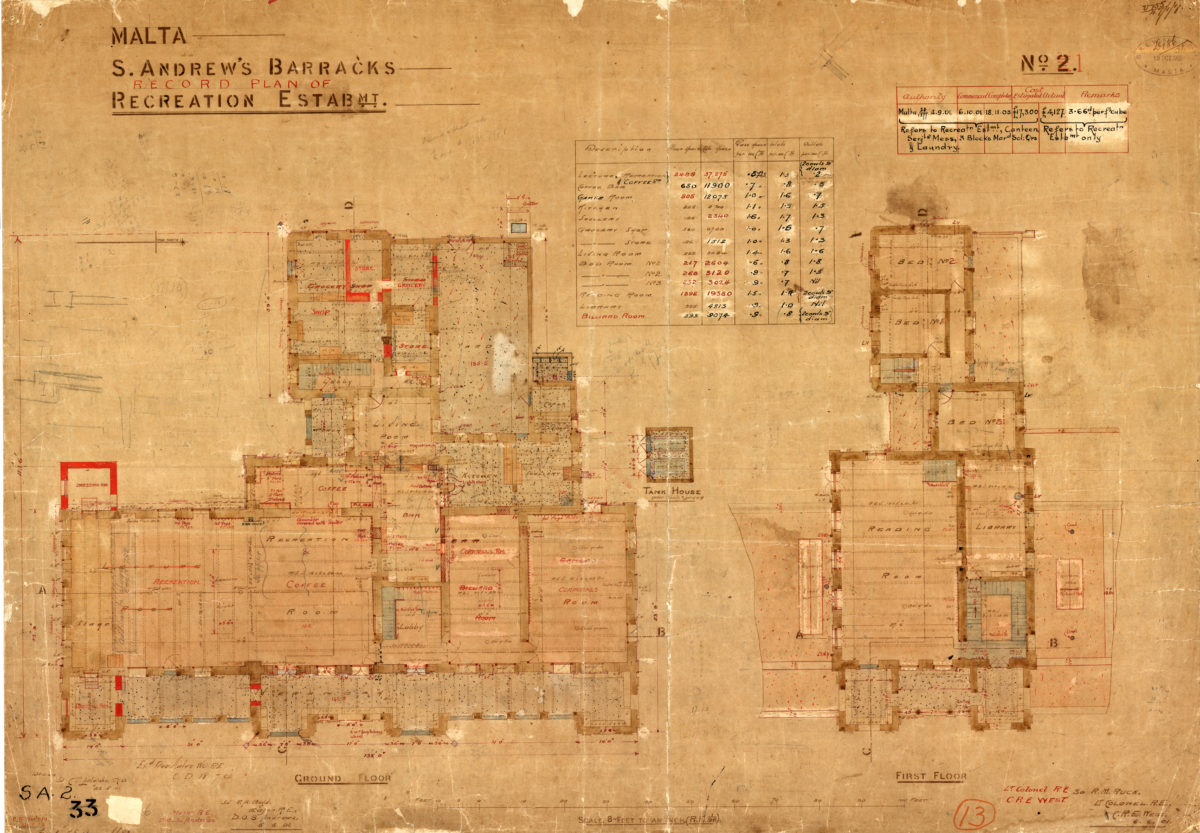
Floor plans (pictured above) discovered by CE Group at the National Archives in Rabat point to a history well worth preserving. “These show us that this site was built as a recreational centre, as part of St Andrew’s Barracks; this was essentially an area where soldiers, British, Australian, and Kiwi, who were part of the British army, could unwind. Apart from being a hangout spot for these army personnel, it was also a place where injured soldiers were brought to rehabilitate,” Mr Muscat Fenech Adami reveals.
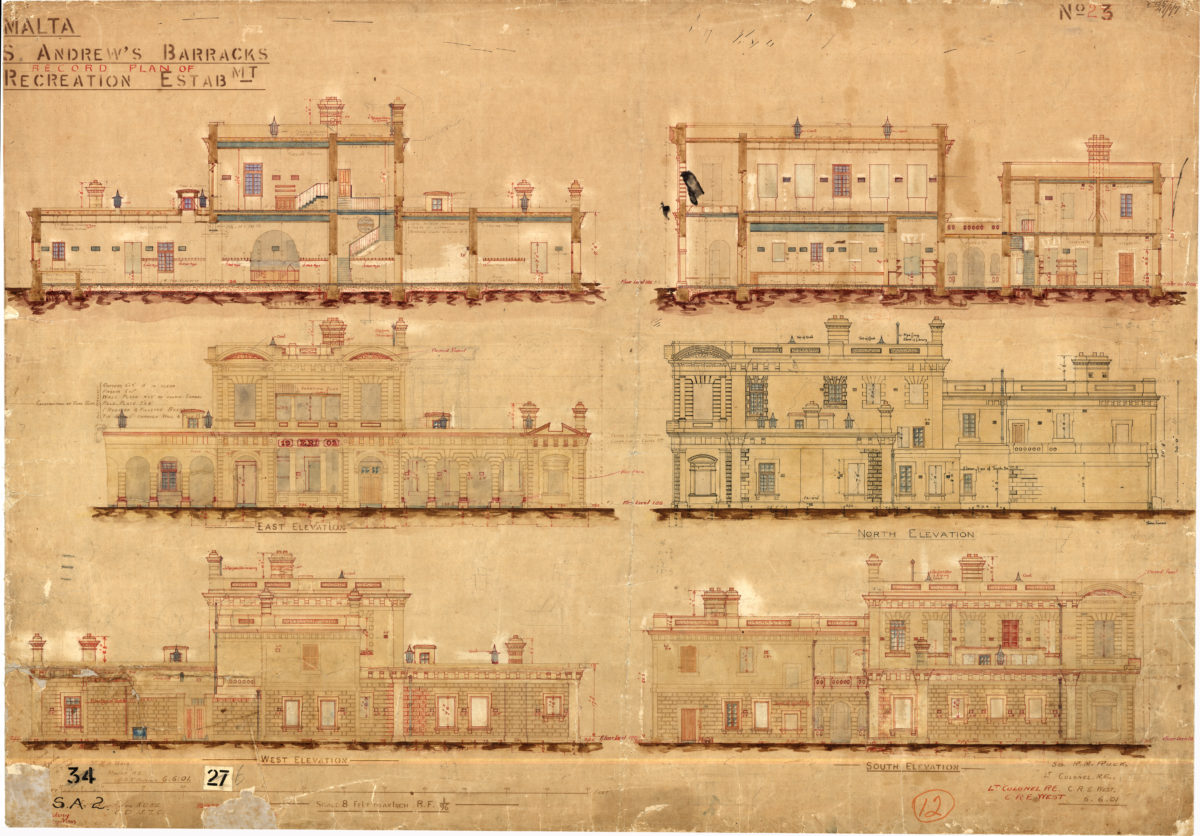
Pjazza 1902 is, indeed, close to today’s Luxol grounds and, he says, these were part of the same complex. “The Luxol restaurant was used as the army canteen, so it was one whole area; they used to eat there, and then come here, to this building, to hang out with each other, play cards, talk and so on.” When the British left, this fell out of use for a while until, in 1981, it was reopened as the infamous Raffles discotheque, drawing party-goers to the area, keen to move across its illuminated dancefloor to the pulsating beats of electronic, synth and pop music.
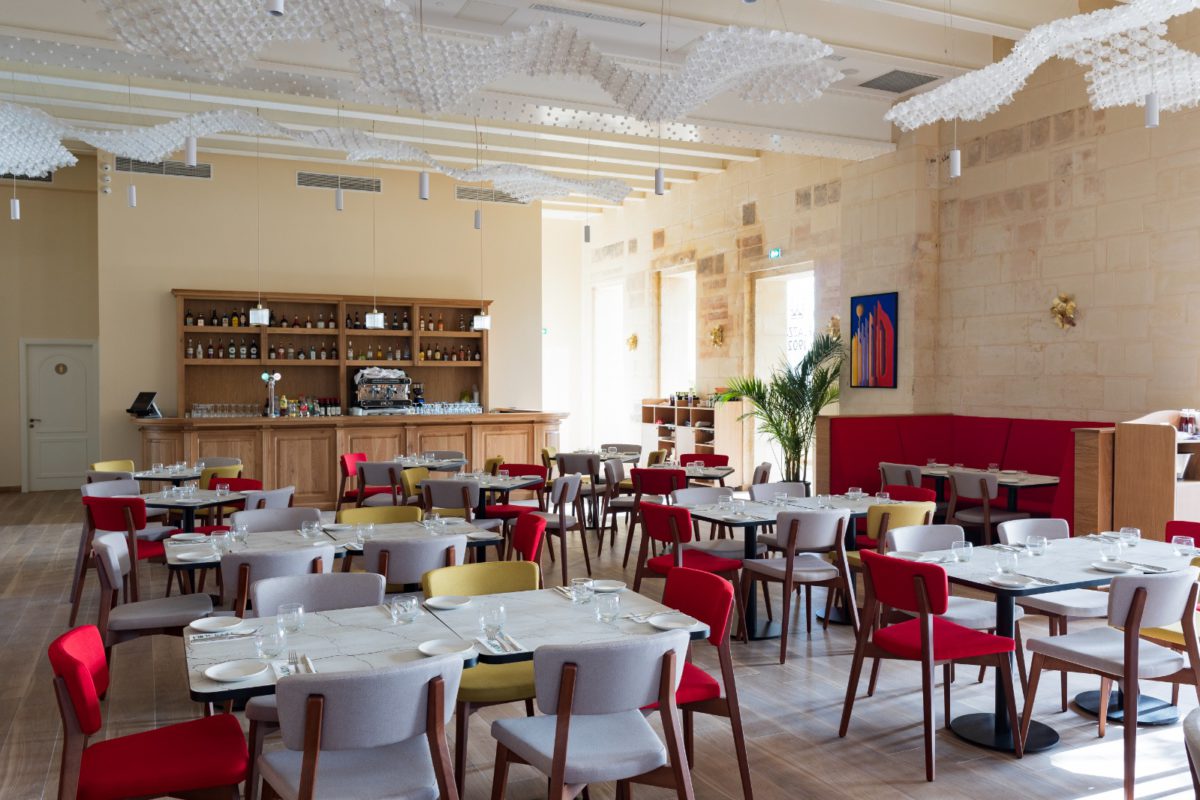
“This place was synonymous – across the whole island – with dance culture and throughout the 1980s, some of the big names of the time were invited to play here,” Mr Muscat Fenech Adami attests. In 1989, however, a fire engulfed the site, and the nightclub was lost forever. “It actually fell into dereliction, lying abandoned for over 25 years,” Mr Muscat Fenech Adami adds.
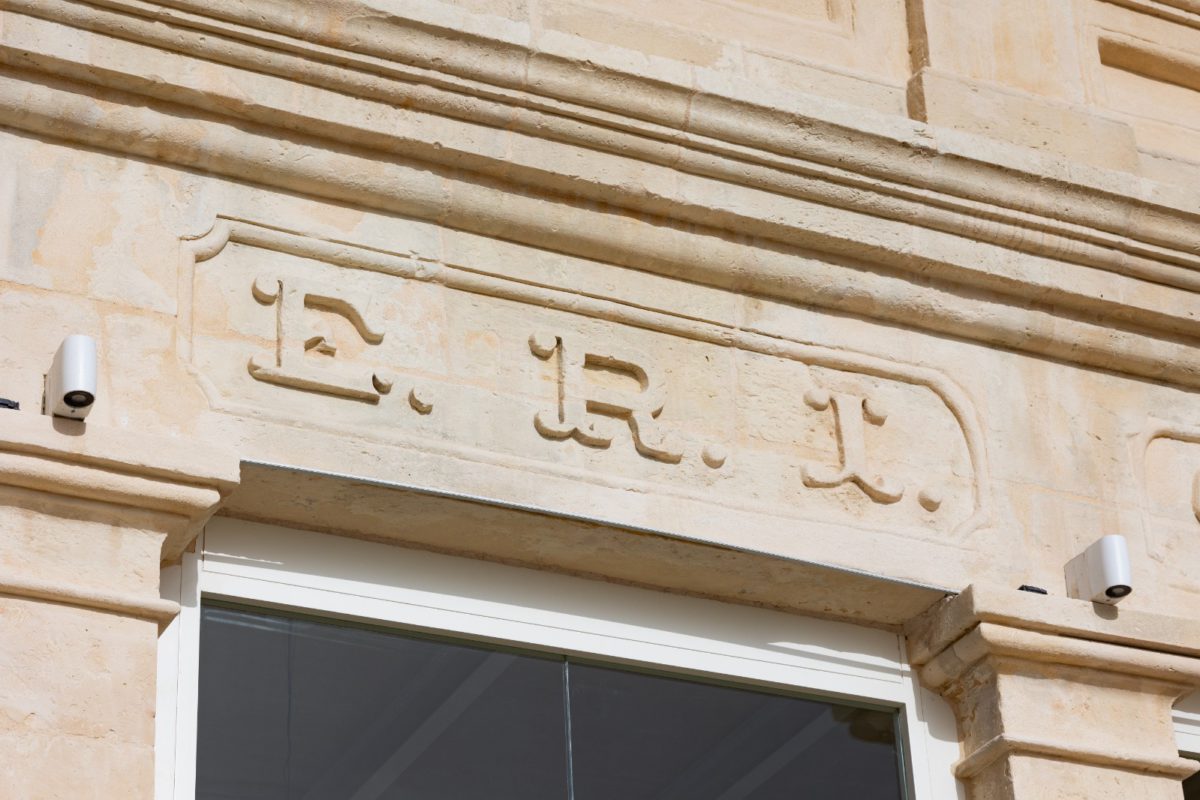
The building became a sanctuary for the dispossessed and the outcast, with graffiti emblazoned on its walls, and collapsed ceilings threatening its structural integrity. It was in this dire state when CE Group, recognising its potential, decided to give it new life. “We started slowly by cleaning up the place; and we, then, hired well-regarded and talented architects to carry out the challenge of restoring the site to its former glory, trying to retain as much as we could from its pre-1981 days,” Mr Muscat Fenech Adami explains.
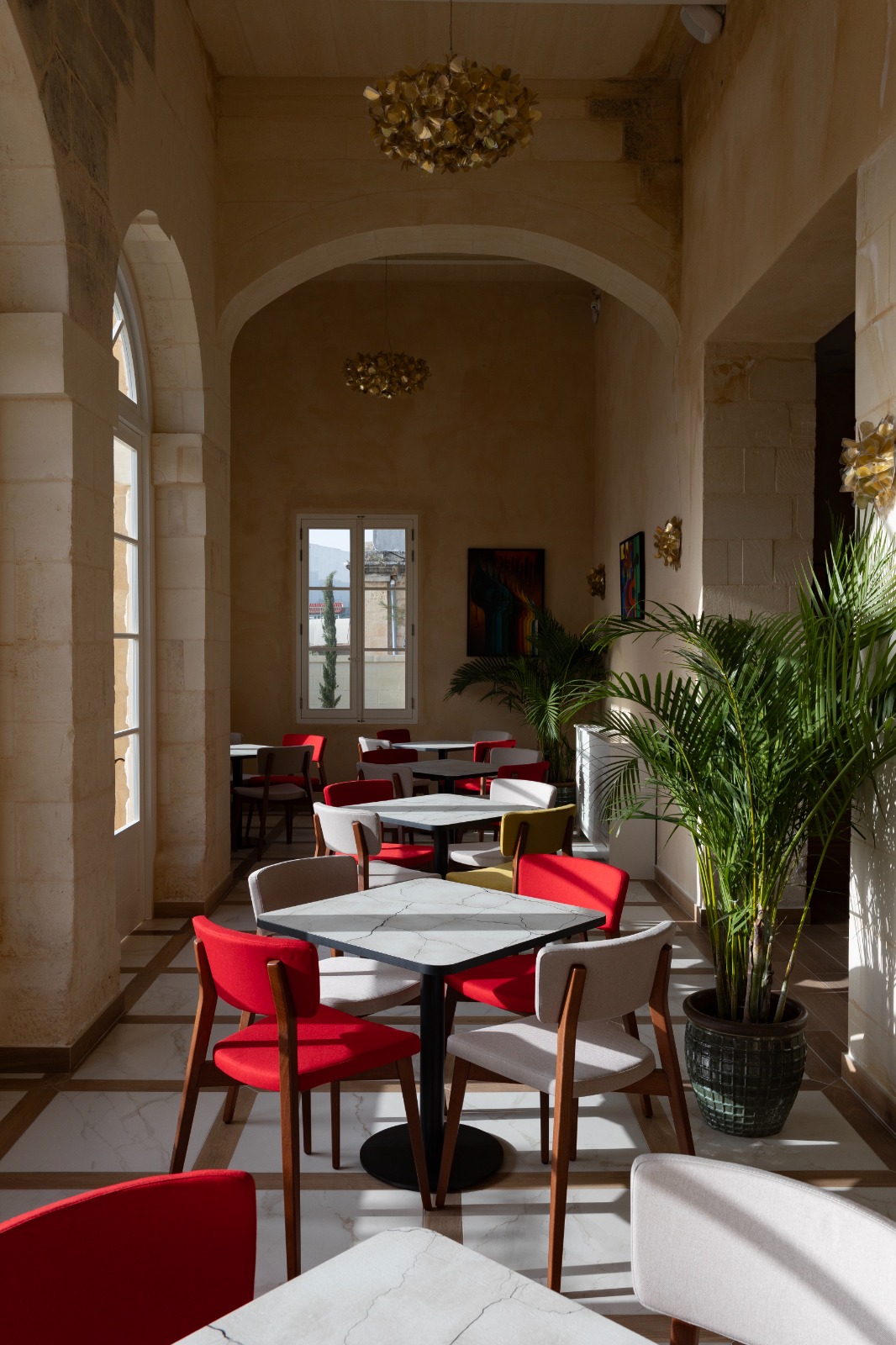
Retaining and reviving the facade was at the heart of the firms’ plans. “Despite its history, this had always stood strong, and we wanted to give people, today, the chance to enjoy it again. So, we were very careful on the techniques used during the project; for instance, we had to rebuild some areas using new stone, but we made sure to do so in the tradition of how it had been done, historically, when the area was first built,” he describes.
Today, the newly-revealed Pjazza 1902 boasts two food kiosks at the front of the building, open during the day – for the lunch and coffee-break traffic – and also in the evening for those wishing to dine and unwind after work or on the weekend. There’s A childcare centre and a gym which serves the local community, or those working in the area. Moreover, the outside space, as well as their multi-purpose room, set up at the back of the building, aims to attract people of all folds and backgrounds back to the site, so it can brim again with energy, just as it once had.
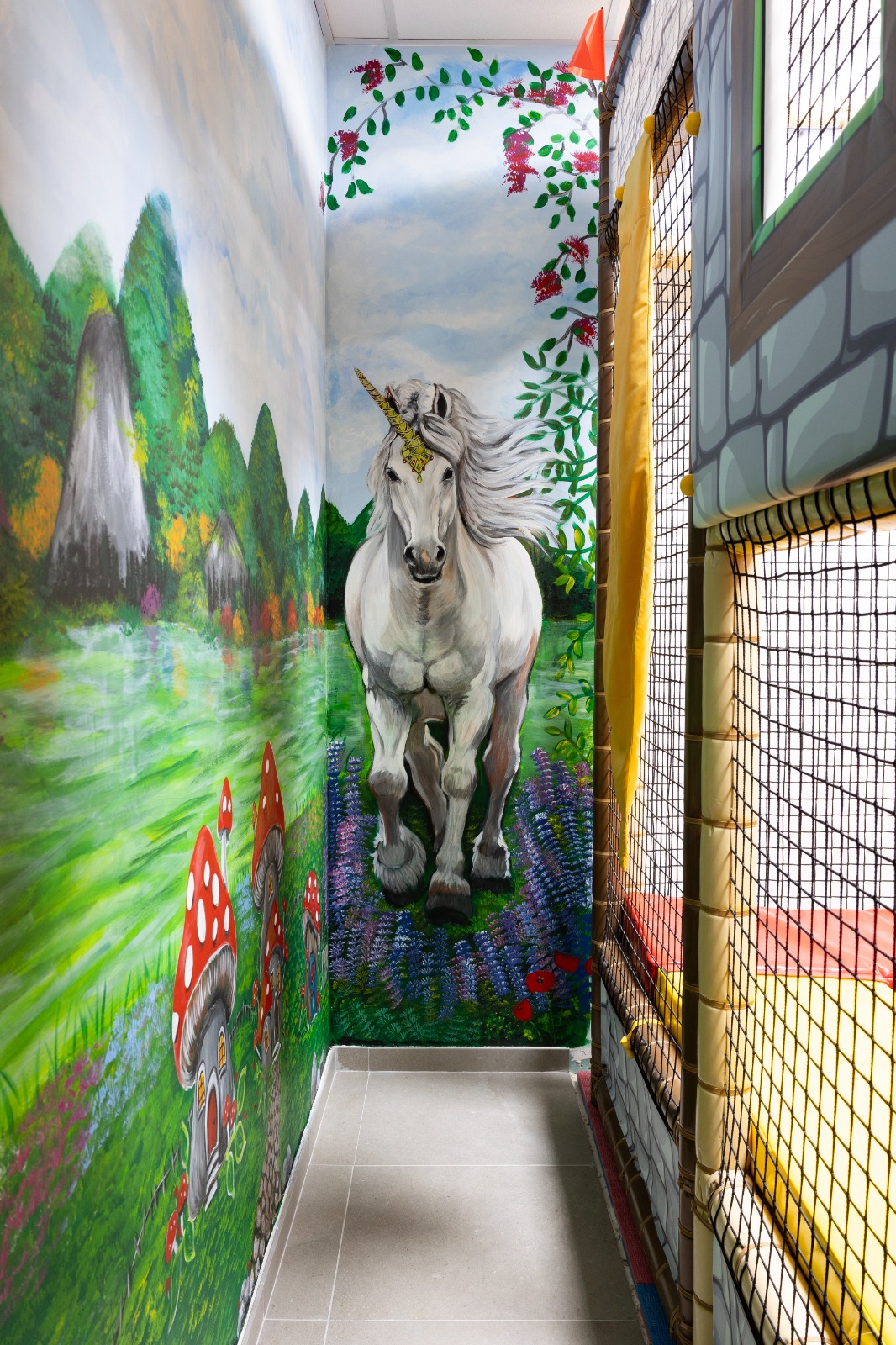
“Pjazza 1902 aligns with our strategic vision, here at CE Group, to prioritise community engagement, quality craftmanship and sustainability,” the firm’s Head of Sales and Marketing points out. “And, even though there were some challenges to complete the project to our high standards, we took our time to do everything well; we wanted to create a new hotspot for the island – one which could not only be enjoyed by families, but which offered a variety of opportunities for self-development and the creation of connections,” he adds.
And, looking at the pristine facade, the new eateries, and the entertainment centre, it appears Pjazza 1902 is well on its way to becoming a new favourite.
Two years since its birth, Moneybase features on Microsoft’s Customer Stories
Moneybase has now just been featured on Microsoft’s latest Customer Stories
Finance Minister confirms continuity of food and energy subsidies
Spending on food and energy subsidies as a percentage of the GDP will be at 0.7% in 2025
MHRA congratulates Glenn Micallef on EU role, highlights positive impact on Malta’s tourism and cultural sectors
The lobby group emphasised that Malta’s cultural assets and sports scene are key factors in attracting visitors and fostering economic ...


